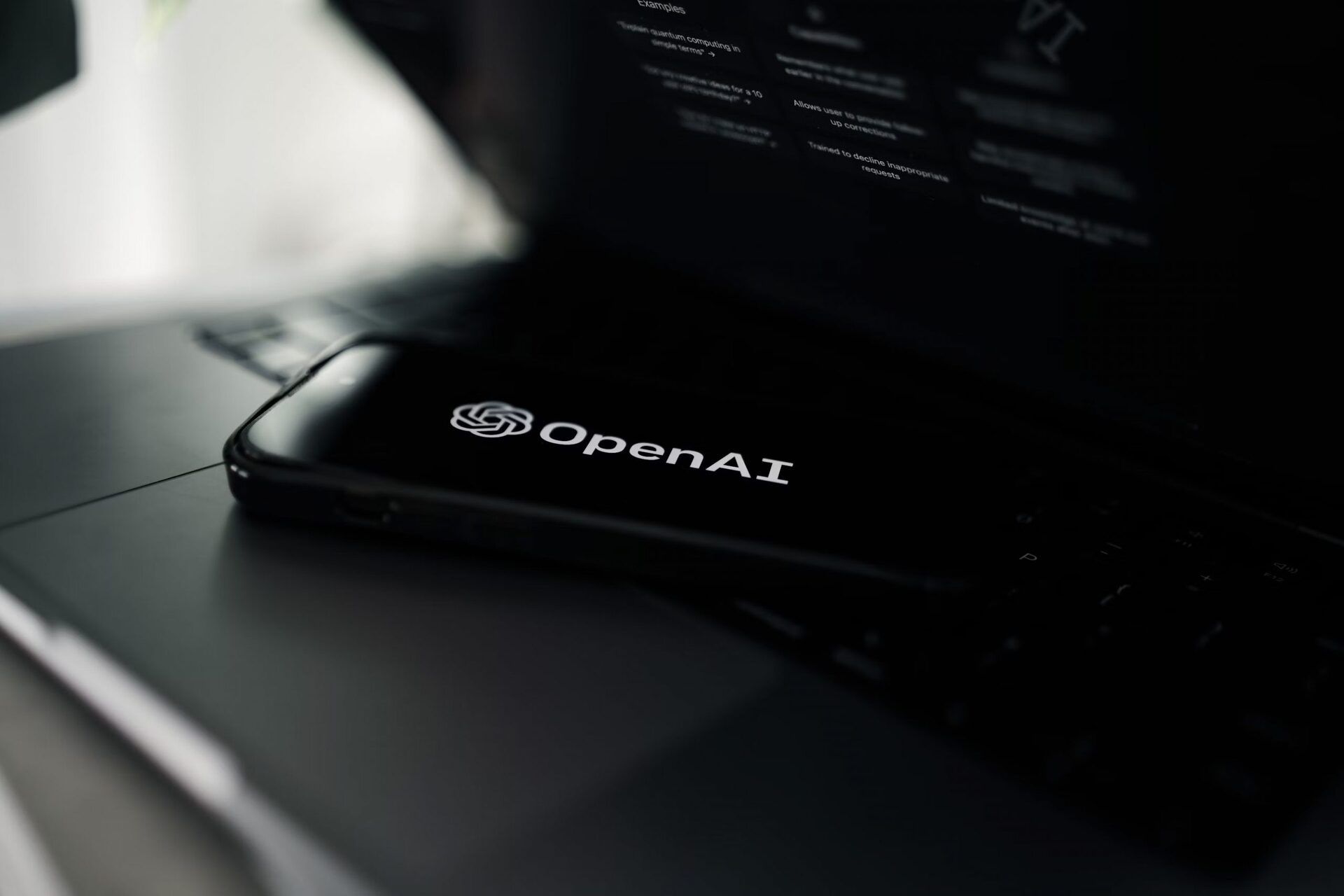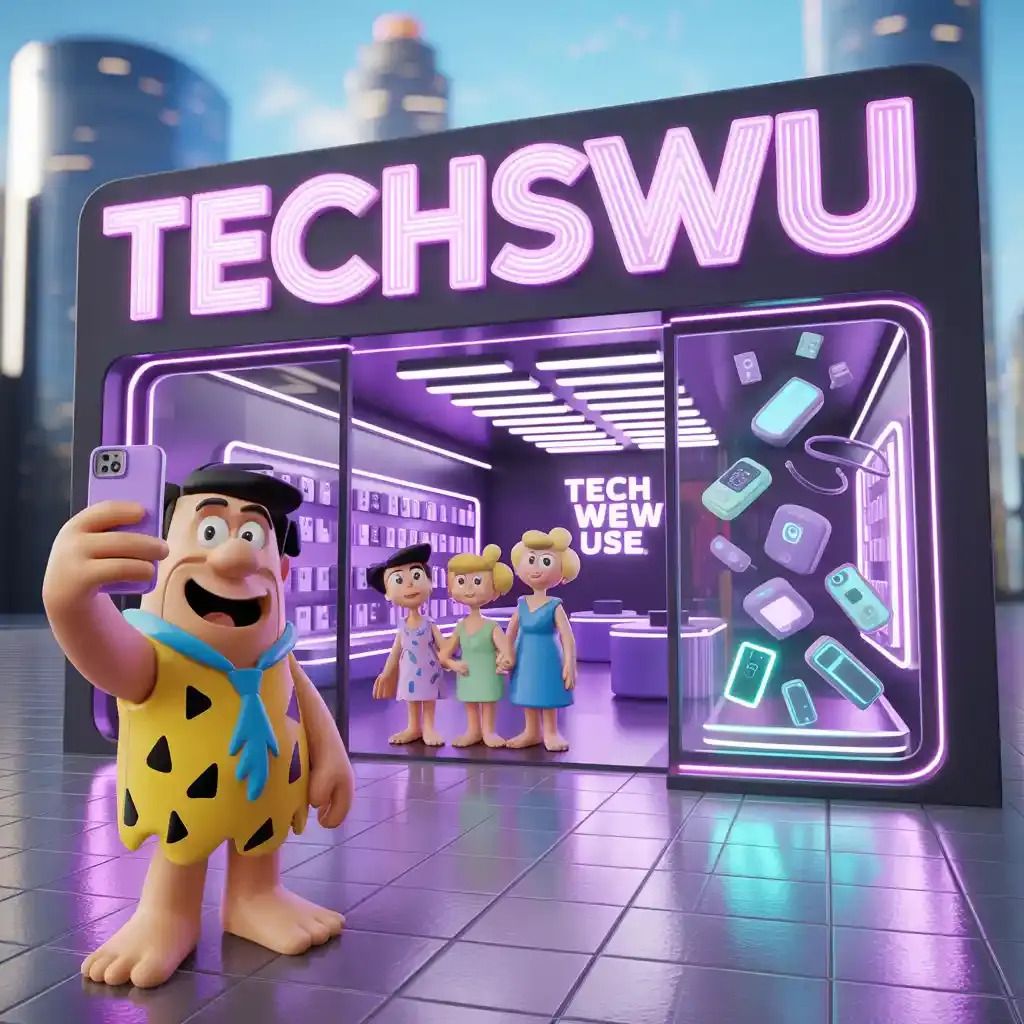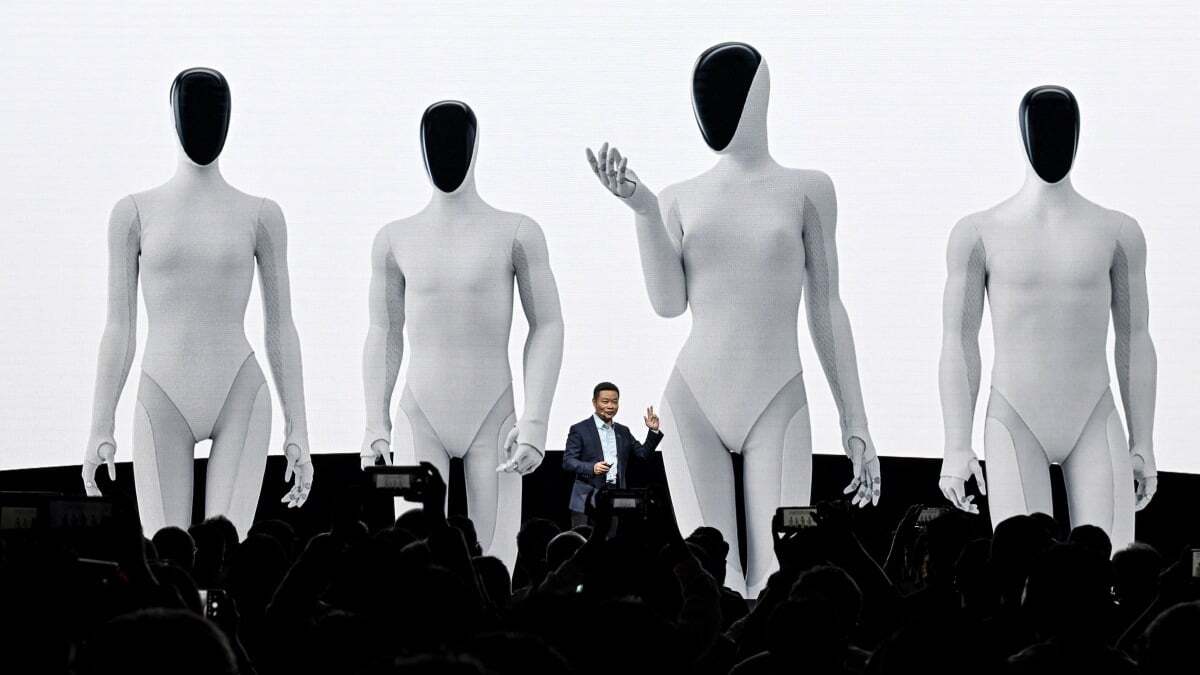- TECHSWU
- Posts
- TechSwu
TechSwu


OpenAI is venturing into the consumer healthcare market, eyeing the creation of innovative tools that could revolutionize personal health management. With a diverse portfolio expanding into various fields like sales and law, the company is reportedly considering options such as a personal health assistant or a health data aggregator.
Recent executive hires, including Doximity co-founder Nate Gross and Instagram’s Ashley Alexander, underscore its commitment to this initiative. With ChatGPT engaging around 800 million users weekly, many of whom seek medical information, OpenAI is tapping into a growing demand for patient-centered health resources.
As other tech giants like Amazon and Google have attempted similar endeavors—with mixed results—OpenAI aims to carve a unique space in this competitive landscape, focusing on empowering individuals to manage their health data effectively. The potential for a game-changing healthcare app could redefine how consumers interact with their health information in the digital age.


AltoVolo has taken a giant leap into the future of personal aviation with the launch of the world’s first eVTOL configurator for its innovative Sigma aircraft. Imagine designing your very own flying vehicle from the comfort of your laptop! The Sigma, a three-seater hybrid-electric marvel, boasts a range of about 500 miles and speeds exceeding 220 mph—all while being over 80% quieter than traditional helicopters.
With a sleek design and customizable features, potential pilots can tailor their aircraft down to the stitching on the seatbelts. But that’s not all; AltoVolo also offers a flight simulator that lets customers experience their Sigma before takeoff, turning the dream of personal flight into a tangible reality.
This groundbreaking initiative promises to reshape regional travel, allowing for quiet, efficient connections between cities and neighborhoods.

At Xpeng's AI Day event in Guangzhou, the company unveiled its lifelike humanoid robot, Iron, leaving audiences both captivated and creeped out. So strikingly human-like that Xpeng felt the need to slice it open live on stage to confirm it was not a person in disguise, Iron evokes comparisons to iconic sci-fi films like Under the Skin and Ex Machina.
Sporting an unusual design, including conspicuously prominent features, Iron’s awkward movements mirror our fascination with anthropomorphized machines, teetering on the edge of the 'uncanny valley.' The viral sensation has sparked online discussions across social media platforms, prompting curiosity about the future of robotics.
With Iron's debut, Xpeng continues a trend familiar to tech enthusiasts, showcasing how our obsession with humanoid robots peaks at the intersection of innovation and imagination.

The Earth BioGenome Project (EBP) is taking on the monumental task of sequencing the genomes of 1.85 million eukaryotic species to enhance our understanding of biology and conservation efforts worldwide.
Launched in 2018, this ambitious initiative is projected to cost around $5 billion and has already cataloged 4,386 species. It’s crucial work, considering that dozens of species are driven extinct daily, taking vital genetic knowledge with them.
Enter Google, whose cutting-edge AI tools like DeepVariant and DeepPolisher are streamlining genome sequencing. These innovations not only improve accuracy but also significantly reduce errors, helping researchers make pivotal discoveries about endangered species.
A striking example involves the Kākāpō parrot in New Zealand, whose population surged from 49 to over 250 thanks to genetic insights. As AI and automation evolve, the potential to unravel the secrets of life on Earth—and protect it—grows ever more promising.

As our reliance on AI tools like ChatGPT grows, researchers are raising alarms about potential impacts on our cognitive skills. Evidence suggests that while these tools can enhance efficiency, they may also dull our critical thinking and memory retention.
Just as Socrates warned against the dangers of written words, modern studies indicate that excessive reliance on generative AI may decrease brain connectivity and promote 'cognitive laziness.' It becomes a slippery slope: the more we offload our mental tasks, the less we engage our minds, risking a loss of original thought and depth of understanding.
But all hope is not lost! Experts argue that by resetting our approach to AI—using it as a supplemental tool rather than a crutch—we can enhance our cognitive engagement. Strategies like approaching subjects independently before consulting AI can keep our thinking sharp.
Ultimately, balancing AI use responsibly may not only protect our minds but also preserve the quality of the technology we rely on.

Exciting news for Apple fans! The iPhone 20, expected to launch in 2027, might feature a groundbreaking under-display front camera, setting the stage for a truly bezel-free design. According to leaks from the Weibo tipster Digital Chat Station, Apple is preparing for a two-phase rollout of this innovative technology.
In 2026, the iPhone 18 Pro models are anticipated to debut with Face ID sensors tucked under the display while using a punch-hole for the camera. By 2027, Apple aims to eliminate visible cutouts entirely.
This leap into under-display technology comes with challenges, as existing models from competitors struggle with image quality and light transmission. Apple is reportedly collaborating with LG Innotek to enhance imaging through advanced optics, paving the way for a significant visual upgrade.

A recent report from Accenture reveals a critical mismatch between the rise in generative AI use among UK workers and the availability of relevant training. While a whopping 78% of professionals utilize AI tools weekly, only 24% have received any formal training to navigate this technology effectively.
The research highlights the urgent need for businesses and government leaders to address this skills gap; without adequate training, there’s a risk of ineffective usage and potential security vulnerabilities. The excitement for AI among employees is palpable, with 91% eager to learn new skills to better engage with AI in their roles.
Accenture's Joe Hildebrand emphasizes that to harness AI's full potential, organizations must foster an environment of continuous learning, integrating training into daily work practices. By doing so, companies can unlock greater growth, trust, and competitiveness in the burgeoning AI economy.
The call to action is clear: leaders must champion an upgrade in AI training to match workforce enthusiasm.